
CHEMICAL ANALYSIS
Our Vision
Al Mumayaz was conceived based on an extensive experience in Chemical analysis, material testing, geotechnical studies and calibration service which created a realization and appreciation of the importance for the quality material testing, construction quality control and inspection.
Introduction
Our chemical laboratory is built on a foundation of precision, reliability, and international compliance. With a strong focus on testing of water, soil, aggregate, concrete, cementitious material, fertilizer and other building material. we provide high-quality analytical services that support critical decisions across quality of drinking water, wastewater treatment, agriculture, construction, and environmental sectors. Every procedure we perform according to ISO/IEC 17025:2017 requirements, ensuring quality, traceability, accuracy, and global credibility. Backed by cutting-edge instrumentation and a highly qualified technical team, our lab stands as a trusted partner for organizations seeking dependable and standards-driven chemical analysis.
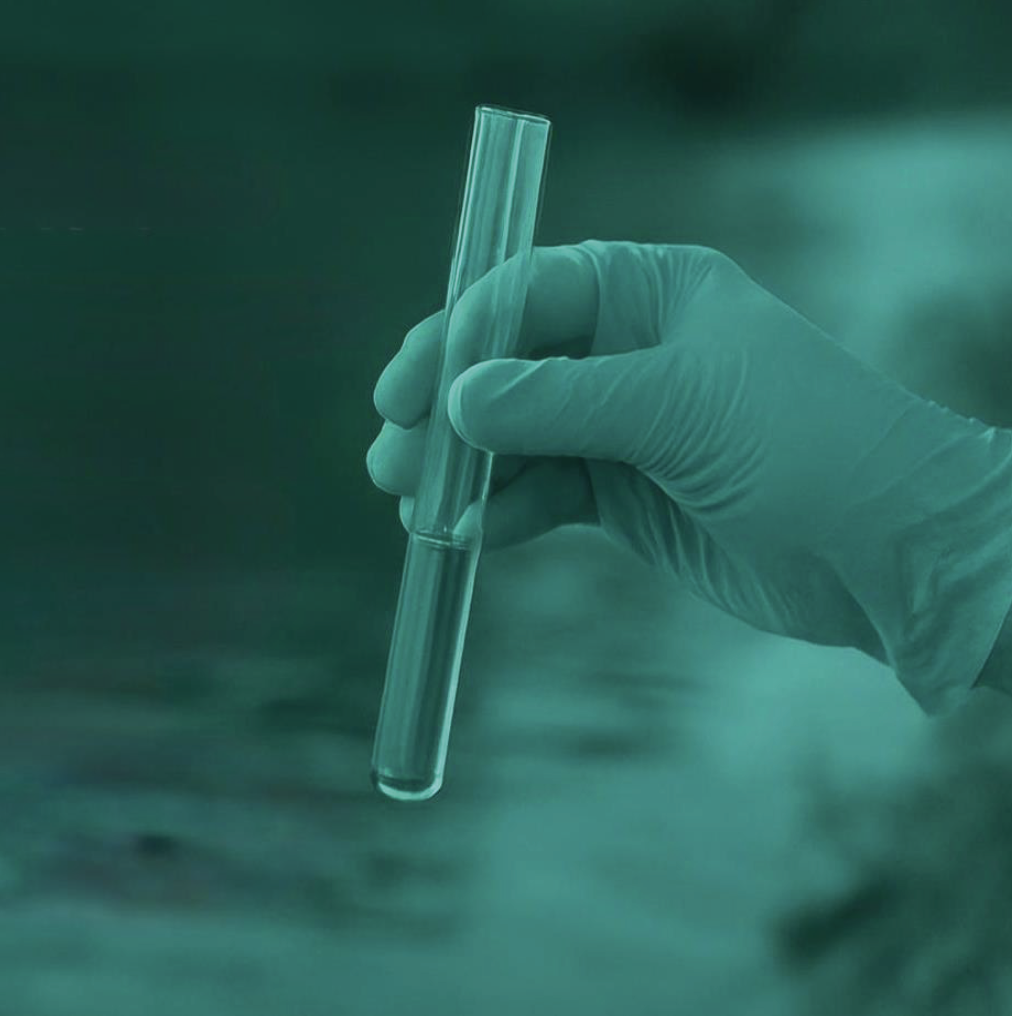
Water Chemical Testing
Chemical testing of water is essential to understand its quality and suitability for various applications. Since water sources vary widely in composition and usage, our laboratory adopt specialized analytical approaches, Accurate classification and testing ensure that the water meets health, environmental, and industrial standards before it is utilized or discharged.
Water Categories For Testing
– Drinking Water
– Domestic Water (Wastewater)
– Agricultural/Irrigation Water
– Industrial Effluent
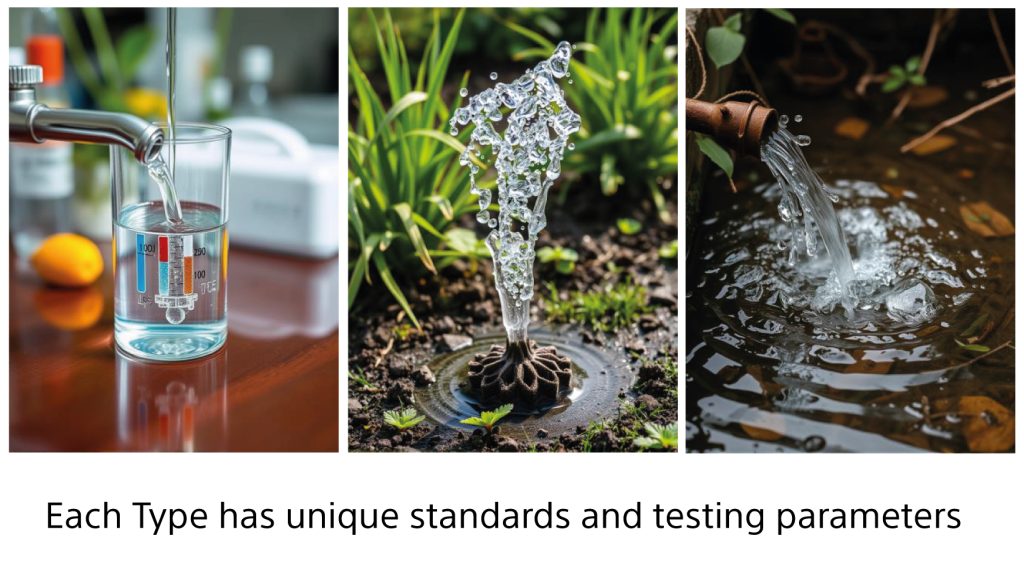
Some Chemical Tests for Water Types
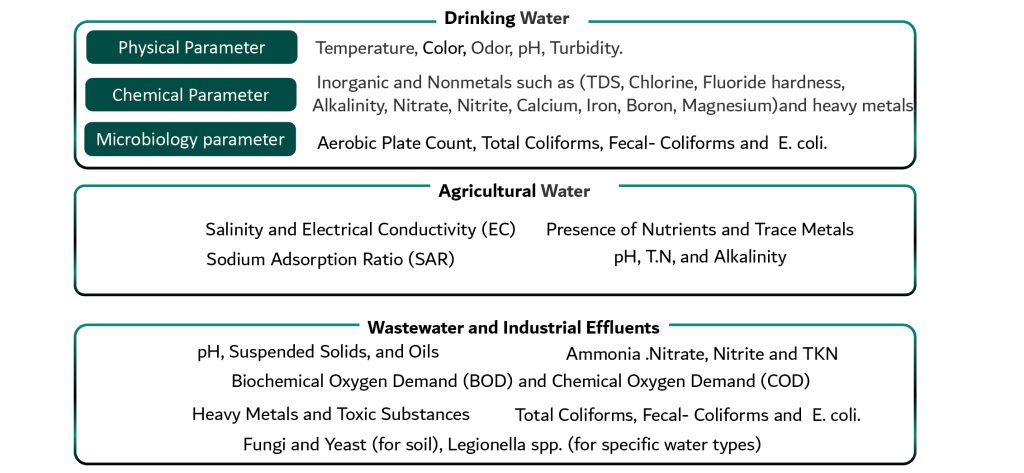
Note: These are key tests; additional analyses may be performed as needed.
Soil Chemical Testing
Chemical analysis of soil is a fundamental step in assessing its suitability for various applications. It allows for the identification of key properties that may affect performance, safety, or compliance with technical and environmental standards. The following section outlines selected tests commonly used in soil evaluation.
Testing Parameters includes
Soil pH, E.C, Salinity, Chloride, Sulphate
Organic Matter Content
Heavy Metals and Contaminants
Macronutrients: Nitrogen (N), Phosphorus (P), Potassium (K)
Cation Exchange Capacity (CEC)
Carbon-Nitrogen Ratio. (C:N)
Microbiological parameter: Aerobic Plate Count, Fungi and actinobacteria.
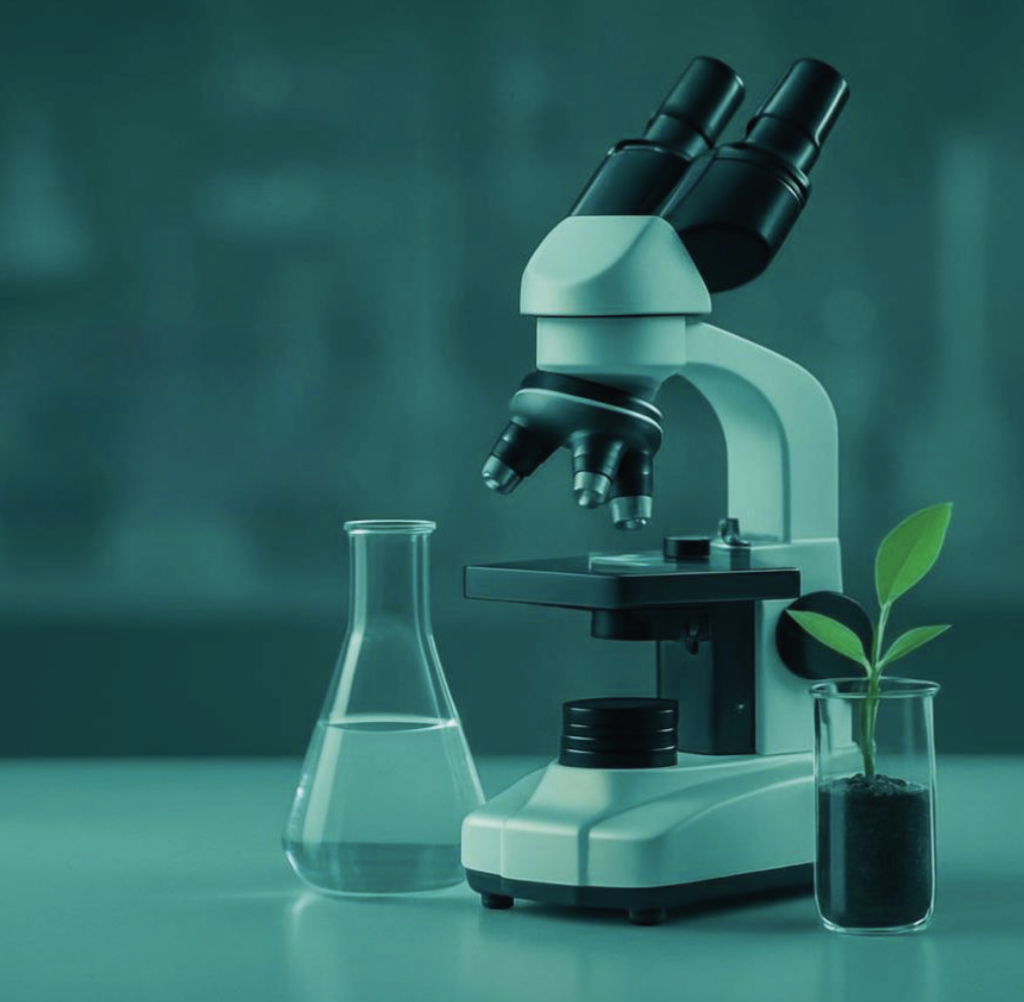
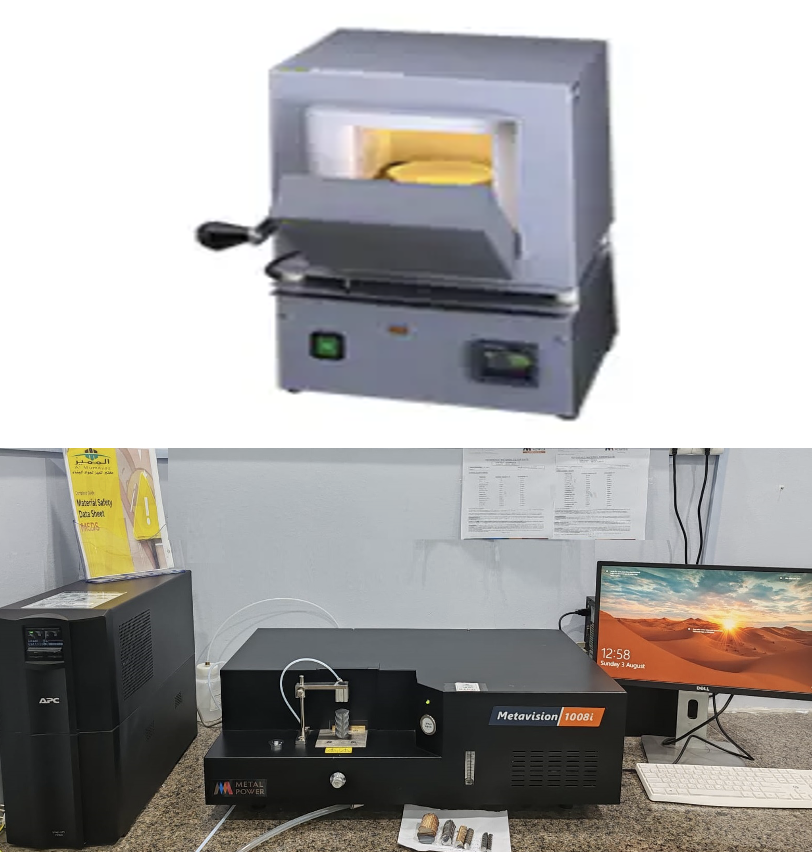
Building Material Testing
Chemical testing is a vital part of building material analysis, ensuring the quality, safety, and longevity of construction projects. These tests go beyond physical and mechanical evaluations to examine the fundamental composition of a material and its potential reactions to various environmental factors. The specific chemical tests performed depend on the type of material. some examples for common construction materials:
- Aggregates: Sulfate Content, Chloride Content, pH, Organic Impurities, Loss on Ignition LOI
- Composition of Cement: to ensures it has the correct proportions of compounds like silica, alumina, lime, and iron oxide, which are critical for its performance.
- Hardened concrete for evaluating its durability such as Cement Content, Carbonation Test, Chloride Content Test , Sulfate Content Test
- Steel Reinforcement: for understanding its strength, weldability, and resistance to corrosion such as Carbon Content, Sulphur and Phosphorus Content, Manganese and Silicon Content.
Note: These are key tests; additional analyses may be performed as needed.
Laboratory Methodologies and Instruments
The accuracy and reliability of chemical testing depend significantly on the methodologies applied and the instrumentation used. This section highlights the core technologies and standard testing method which implemented in the laboratory in according to ISO/IEC 17025:2017 requirements.
Testing Techniques and Equipment
Inductively Coupled Plasma Mass Spectrometry (ICP-MS)
Colorimetric (UV-Visible Spectrophotometry)
Titration Analysis.
Gravimetric Analysis
Tools of Microbiology Testing

Note: These are key tests; additional analyses may be performed as needed.
Quality Assurance and Accreditation
Maintaining high standards in testing requires a strong quality management system. This section provides an overview of the procedures in place to ensure technical competence, traceability, and ongoing compliance to ISO/IEC 17025:2017 accreditation.
Commitment to Quality and Compliance
ISO/IEC 17025 Accreditation Maintenance (SAAC)
National Center for Environmental Compliance (NCEC)
Regular Calibration and Validation of Instruments
Staff Training and Competency Assessment
Internal Quality Control (IQC)
Participation in Proficiency Testing Programs

Our laboratory delivers trusted, high-quality chemical testing backed by ISO/IEC 17025:2017 accreditation. With advanced technology and expert staff, we ensure reliable results that support compliance, sustainability, and informed decision- making across all sectors.
In an industry where precision, compliance, and trust are non-negotiable, our laboratory stands as a benchmark for excellence in chemical testing. Through the integration of accredited methodologies, advanced instrumentation, and a highly qualified technical team, we provide more than just results we deliver confidence. — Every sample analyzed reflects our commitment to international standards, data integrity, and client satisfaction. As a trusted partner for critical decisions across sectors, we remain focused on supporting environmental responsibility, regulatory alignment, and long-term sustainability.
